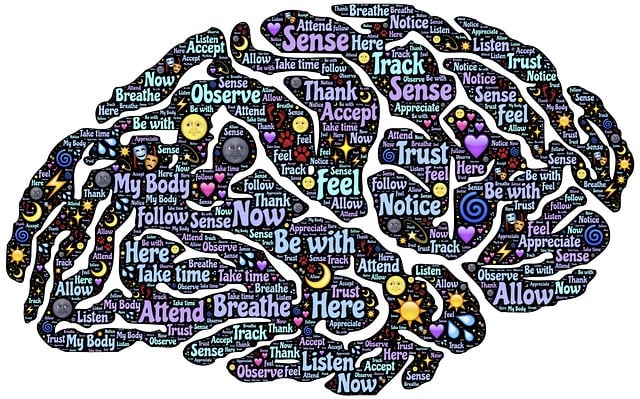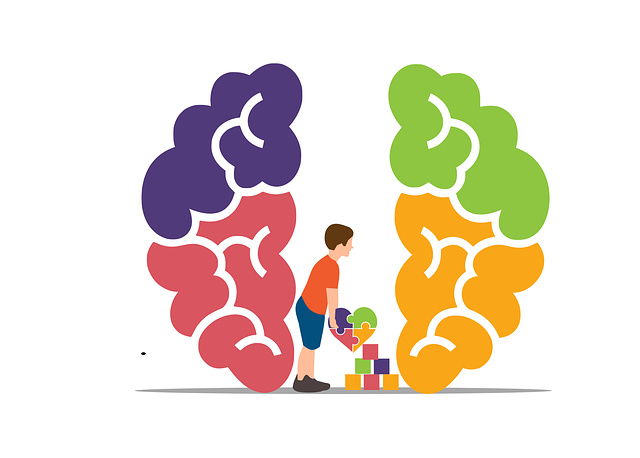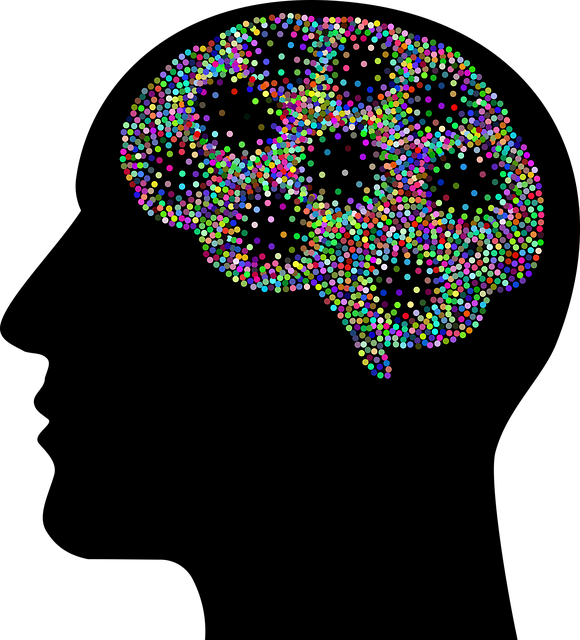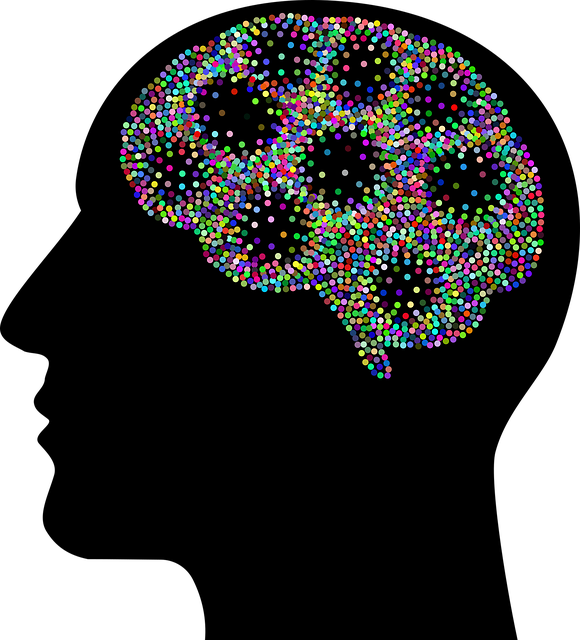Lone Tree Eating Disorders Therapy specializes in Crisis Intervention Teams (CITs), vital resources for swift, multi-disciplinary mental health support during crises. Their comprehensive training programs empower professionals with evidence-based techniques like stress management and emotional healing to guide individuals through high-risk situations. These programs enhance decision-making, foster resilience, and promote a culture of support and understanding, ultimately benefiting both clients and the community by reducing stigma and improving long-term mental health outcomes. Lone Tree Eating Disorders Therapy distinguishes itself through tailored training delivery, interactive methods, and continuous improvement, ensuring CIT members are equipped to handle crises with empathy and expertise.
“Crisis intervention teams (CITS) play a pivotal role in providing immediate mental health support, especially in communities like Lone Tree with high eating disorders prevalence. This article explores the significance of training programs designed to equip professionals in these teams. We delve into how comprehensive training enhances the capability of Lone Tree eating disorders therapy practitioners to manage crises effectively. From understanding team dynamics to mastering de-escalation techniques, this exploration highlights key components for successful CIT training.”
- Understanding Crisis Intervention Teams: A Vital Resource for Mental Health Support
- The Role of Training in Equipping Lone Tree Eating Disorders Therapy Professionals
- Key Components of Effective Crisis Intervention Team Training Programs
- Benefits and Impact on Community Well-being
- Navigating Challenges and Ensuring Quality in Training Delivery
Understanding Crisis Intervention Teams: A Vital Resource for Mental Health Support

Crisis Intervention Teams (CITs) are a vital resource in the realm of mental health support, offering crucial assistance during moments of crisis. These teams, often composed of trained professionals from various disciplines, provide immediate and specialized help to individuals experiencing severe emotional distress or psychological trauma. At Lone Tree Eating Disorders Therapy, we recognize the significance of CITs in ensuring effective interventions and facilitating smoother recovery processes.
The primary role of these teams is to de-escalate high-risk situations, offering guidance and Crisis Intervention Guidance tailored to each individual’s needs. By employing evidence-based practices and techniques, such as stress management strategies and emotional healing processes, CIT members help individuals navigate their crises and make informed decisions about their mental health care. This prompt intervention can significantly reduce the potential harm caused by unaddressed psychological crises, making CITs a game-changer in the field of mental wellness.
The Role of Training in Equipping Lone Tree Eating Disorders Therapy Professionals

Training plays a pivotal role in equipping Lone Tree Eating Disorders Therapy professionals to effectively address complex client needs. Comprehensive crisis intervention team training programs provide therapists with essential skills and knowledge to manage critical situations, prevent burnout, and enhance patient outcomes. These programs delve into topics such as self-awareness exercises and mind over matter principles, fostering resilience among healthcare providers.
By participating in structured training, Lone Tree Eating Disorders Therapy professionals learn effective communication techniques, emotional regulation strategies, and evidence-based interventions tailored to eating disorder treatments. Incorporating burnout prevention strategies for healthcare providers is crucial within these programs, ensuring therapists maintain their well-being while offering quality care. Through ongoing education, professionals gain confidence in navigating challenging scenarios, ultimately contributing to a supportive and therapeutic environment for clients.
Key Components of Effective Crisis Intervention Team Training Programs

Effective crisis intervention team training programs incorporate several key components to ensure preparedness and skillfulness in handling crises. Firstly, these programs emphasize the importance of comprehensive mental wellness journaling exercise guidance. This allows team members to document and understand individual and collective emotional states during and after critical incidents, fostering better decision-making and debriefing processes.
Additionally, integrating self-esteem improvement techniques into training is vital for building resilience within the team. By promoting healthy self-perception and confidence in handling challenging situations, teams can navigate crises with greater composure and effectiveness. Moreover, programs should include teachings on emotional healing processes to help individuals process trauma, stress, or loss, ensuring that team members are well-equipped not just to respond but also to support each other’s mental health during and after crisis interventions, mirroring the support they offer to those in need at Lone Tree Eating Disorders Therapy.
Benefits and Impact on Community Well-being

Crisis intervention team training programs play a pivotal role in enhancing community well-being by equipping individuals with the skills to recognize and respond effectively during mental health crises. These initiatives, such as those offered at Lone Tree Eating Disorders Therapy, foster a culture of support and understanding, breaking down stigma associated with seeking help. By training community members, including first responders, healthcare professionals, and volunteers, these programs ensure that crisis situations are managed with empathy and expertise.
The impact extends beyond immediate interventions; it contributes to long-term public awareness campaigns development and emotional well-being promotion techniques. Trained individuals can provide early intervention, prevent escalation of mental health issues, and ultimately reduce the burden on existing healthcare systems. Moreover, these programs encourage mental wellness coaching programs development, offering continuous support and resources to those in need, thereby fostering a healthier, more resilient community.
Navigating Challenges and Ensuring Quality in Training Delivery

Navigating Challenges and Ensuring Quality in Training Delivery
Effective crisis intervention team training is paramount to fostering robust support systems for individuals grappling with eating disorders, trauma, or other mental health crises. However, delivering high-quality training presents unique challenges. One significant hurdle is ensuring that educators possess specialized knowledge and skills in areas like mood management and trauma support services. Moreover, maintaining a safe and non-judgmental environment during training sessions is crucial for participants to openly discuss emotional healing processes.
Another challenge lies in tailoring the training to diverse learning styles and backgrounds. Incorporating interactive activities, case studies, and role-playing scenarios can help bridge these gaps. At Lone Tree Eating Disorders Therapy, we recognize that quality training goes beyond content; it involves fostering a culture of continuous improvement, where feedback mechanisms are robust and regularly evaluated to refine delivery methods. This ensures that participants receive the best possible preparation to handle crises effectively and empathetically.
Crisis intervention team (CIT) training programs play a pivotal role in equipping professionals, particularly those in Lone Tree Eating Disorders Therapy, with the skills to navigate and mitigate crises effectively. By focusing on key components such as crisis assessment, de-escalation techniques, and collaborative care planning, these programs enhance community well-being. While challenges like ensuring comprehensive coverage and maintaining quality delivery persist, continuous improvement and adaptation are crucial to meeting the evolving needs of at-risk individuals. Effective CIT training ultimately fosters a more resilient and supportive environment for mental health support in Lone Tree Eating Disorders Therapy settings.














